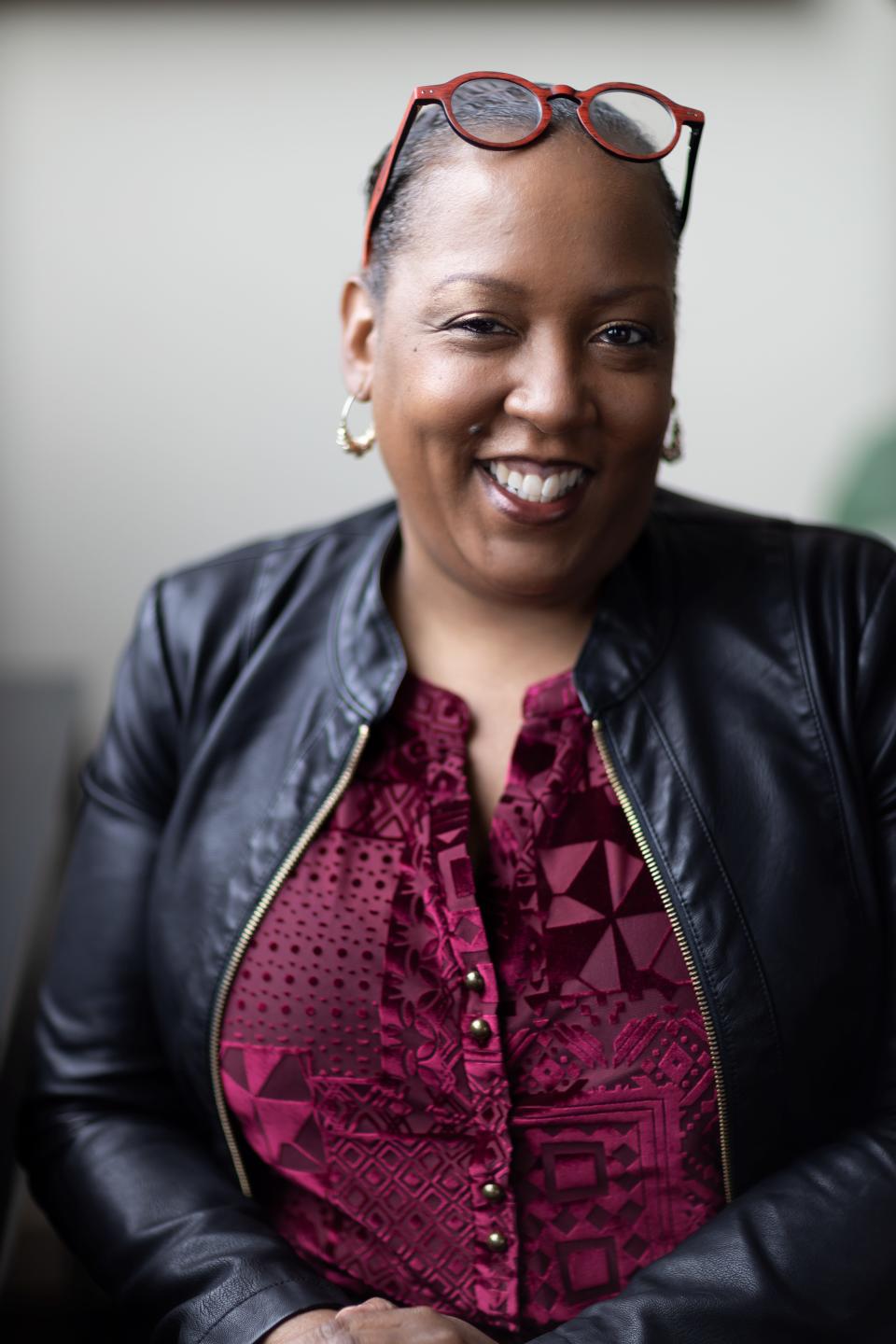Column: Words can heal or sting. Take stock of the ones you use.
I grew up hearing and saying “sticks and stones may break my bones, but words will never hurt me.” How about you? Were you encouraged to say this little ditty in response to someone’s unkindness? As I grew older I realized just how untrue this was. Words can sting like a bee and I spent most of my career helping children to honor this truth. Words are powerful!
For over 20 years I worked directly with youth and parents, focused on the design and implementation of unique in-school and afterschool programming for children and their guardians. Some of those programs included developing an experiential entrepreneur program for a K-8th charter school in Inkster, Michigan, a Bio Genetics Club, Be InSpired (a guest lecture series), and weekend retreats for parents; 12 of those years were spent at the Robinson Community Learning Center. One of my greatest joys included helping children understand how important words were. I loved talking about the value of words read, words written, words spoken and words sang throughout history.
I also worked hard to model that when words hurt you to the bone, we can use words like “I’m sorry that hurt you” to help comfort someone, even if we didn’t cause the pain or sadness. I also didn’t shy away from saying “I’m sorry” when I realized I hurt someone.

Words are important over our entire lifespan. Science has validated that babies respond to voices and music even while in the belly. While caring for my mother and then volunteering at a hospice center I learned that talking in certain tones can bring comfort to those at the end of their life. Words can be used for good or to provoke harm.
Neuroscience has proven the impact words can have. You can find research proving the power of affirmation, gratitude, meditation, etc. The Department of Neuroscience at Georgetown University explains that “neuroscience refers to anything to do with the nervous system.” But we don’t really need a scientist to validate the impact of words. We just need to slow down a bit and pay closer attention to how our bodies respond to words. For many of us, paying attention to our bodies when we hear words or listen to songs comes easy, but for some of us, this isn’t something we spend much time doing. I was terrible at this!
It wasn’t until I was overwhelmed with grief after my mother and father died that I had to pay closer attention and I had to get help to learn what my body was telling me it needed; that was in 2012 and 2013, respectively. Shortly after this, I met Dr. Nancy Michael, director of the University of Notre Dame’s Neuroscience and Behavior major. When we met I was still struggling with the absence of my parents and so many other life changes. We would go for walks as we talked about what I missed most about my parents and she would sometimes share the science around caring for myself on the really hard days. We would take time to talk about my need for sleep, which I didn’t get much of.
Words of kindness coupled with little doses of neuroscience helped to transform me into a woman who strives for seven to eight hours of sleep. Yes, words changed me. Our time together proved that neuroplasticity was alive and well in me. (I like to define neuroplasticity as the brain’s ability to learn, change and get better.)
I strive to use most of my words to uplift, encourage and offer grace to others. Over the next month, consider taking inventory of the percentage of words you use to help heal, comfort or motivate others vs. the words that sting those around you.
Thanks for reading and happy healing.
Velshonna Luckey works for Self-Healing Communities of Greater Michiana, a community well-being movement. She lives in South Bend. Email her at velshonna.shc@gmail.com.
Community Discussion
6:30 to 7:30 p.m. today (Dec. 6) in the Community Room at the Main Library in downtown South Bend.
Learn about surprising ways that strengthening your own nervous system can strengthen your community. Presented by Nancy Michael, Associate Teaching Professor of Neuroscience and Behavior, University of Notre Dame, and Velshonna Luckey, Director of Engagement, Self-Healing Communities of Greater Michiana.
This article originally appeared on South Bend Tribune: Neuroscience has proven the impact words can have.

